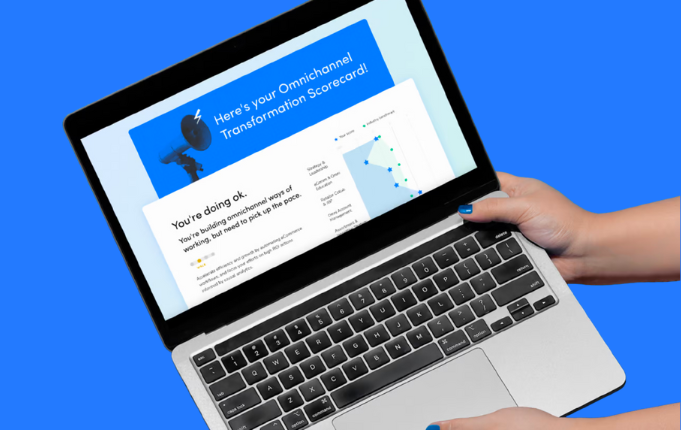
On Tuesday, Amazon announced the launch of Amazon Business, a new platform targeting the highly lucrative B2B eCommerce marketplace. Companies that register for an Amazon Business account will have access to business-only products with bulk discounts and free 2-day shipping on orders over $49. We look at the implications for what Amazon’s latest move means for B2B eCommerce.
Forrester projects that B2B eCommerce will grow to $1 trillion by 2020 in the US alone, with online expected to account for 12% of all B2B sales – no it’s no surprise that Amazon has set its sights on this highly lucrative market.
After patient experimentation with Amazon Supply, which will now be retired, Amazon is increasing its investment in B2B eCommerce with the launch of Amazon Business, yet another potential source of outsized growth for Amazon and another market segment poised for disruption.
According to Forrester, B2B buyers now expect B2C-like customer experiences online, and they’re growing increasingly impatient with B2B sellers that don’t provide it. Amazon explains that the launch of Amazon Business is their response to business owners who want the same Amazon shopping experience when purchasing for work that they have when shopping for home.
So what does Amazon’s move into B2B eCommerce mean for other business suppliers?
The B2B market is vast and historically under-served by eCommerce players. Traditional B2B models dominated by distributors and field sales forces are likely to come under pressure as Amazon leverages its growth formula focused on a low-cost operating model, price, selection, and convenience.
And Amazon appears willing to adapt its approach to some of the unique needs of B2B buyers, with enhancements including:
- Adding product content such as ISO 9000 certifications and manufacturer and part numbers
- Exclusive offers and pricing for product lines restricted to qualifying B2B buyers
- Integration with procurement systems
For suppliers in categories like office supplies, paper products, snacks, beverages, confection, and other replenishable categories, Amazon Business could represent a major opportunity for growth and share gain.
But there are likely to be distinctions in B2B buying behaviors compared to consumers, and the levers a supplier can pull to improve performance may diverge significantly from what works in B2C eCommerce.
As with B2C eCommerce, leading suppliers will need to test and learn with Amazon Business as the new platform matures, continuously monitoring and optimizing their performance.


























